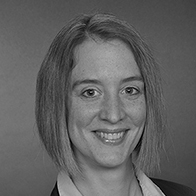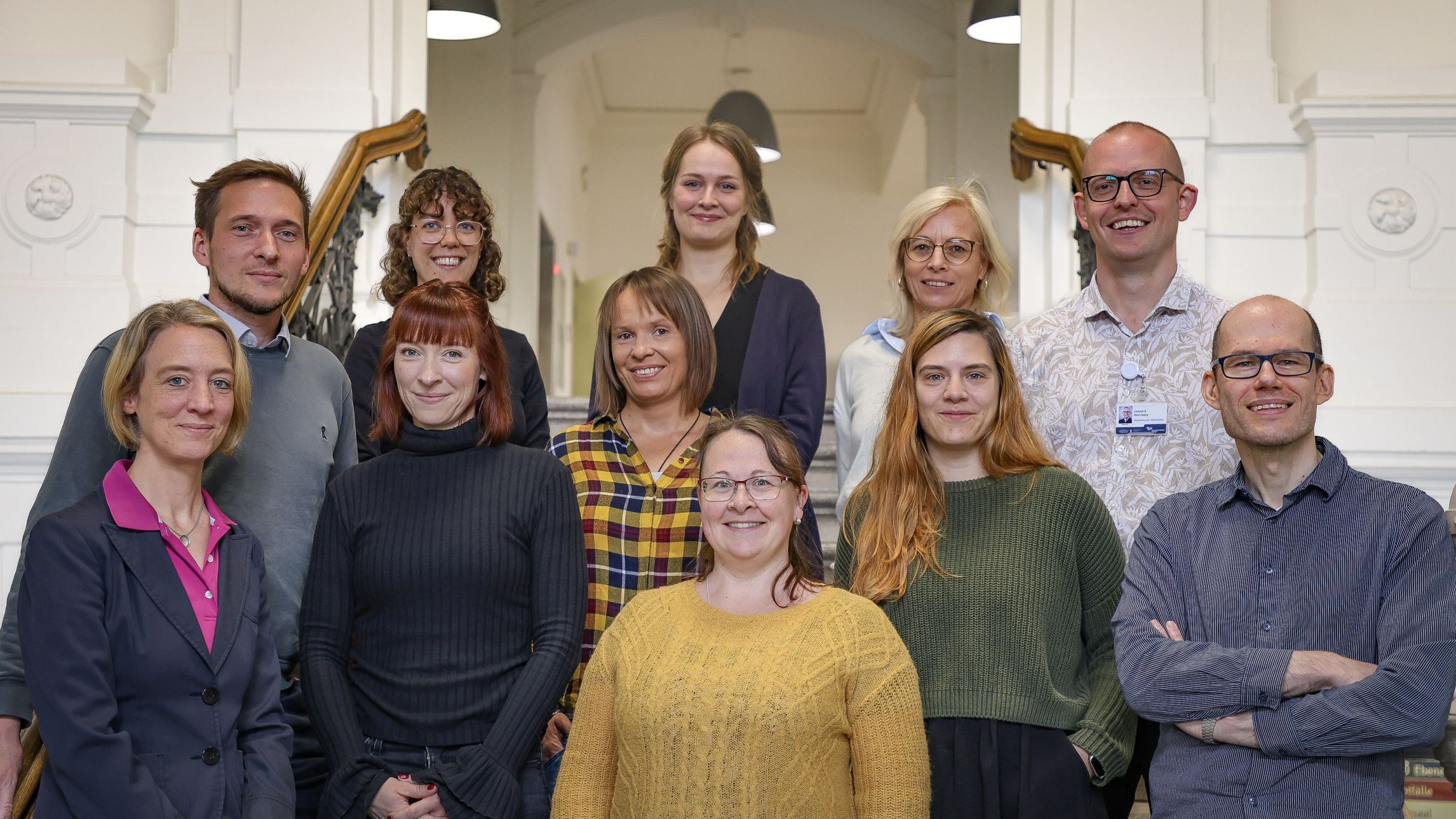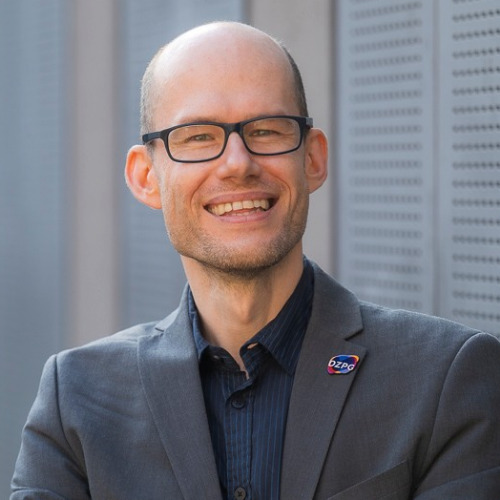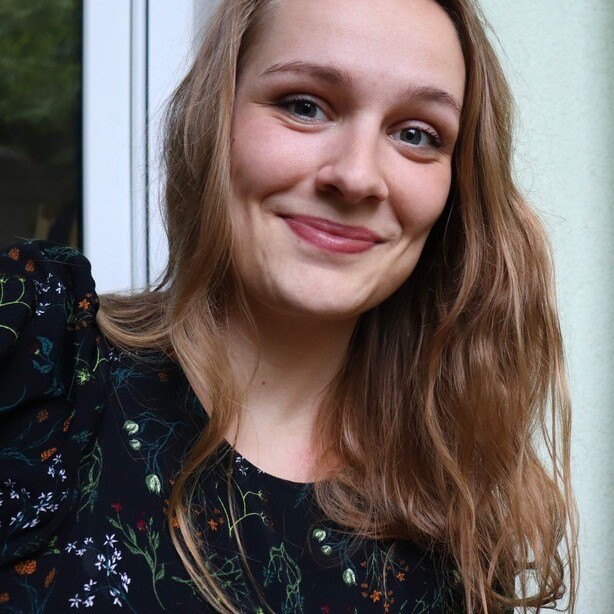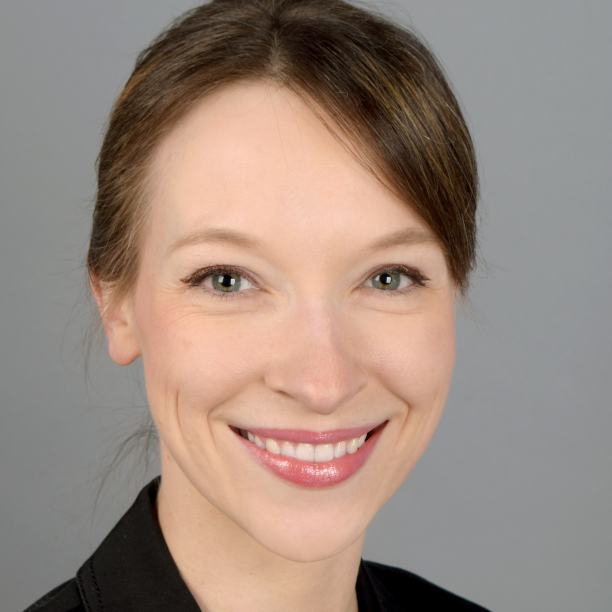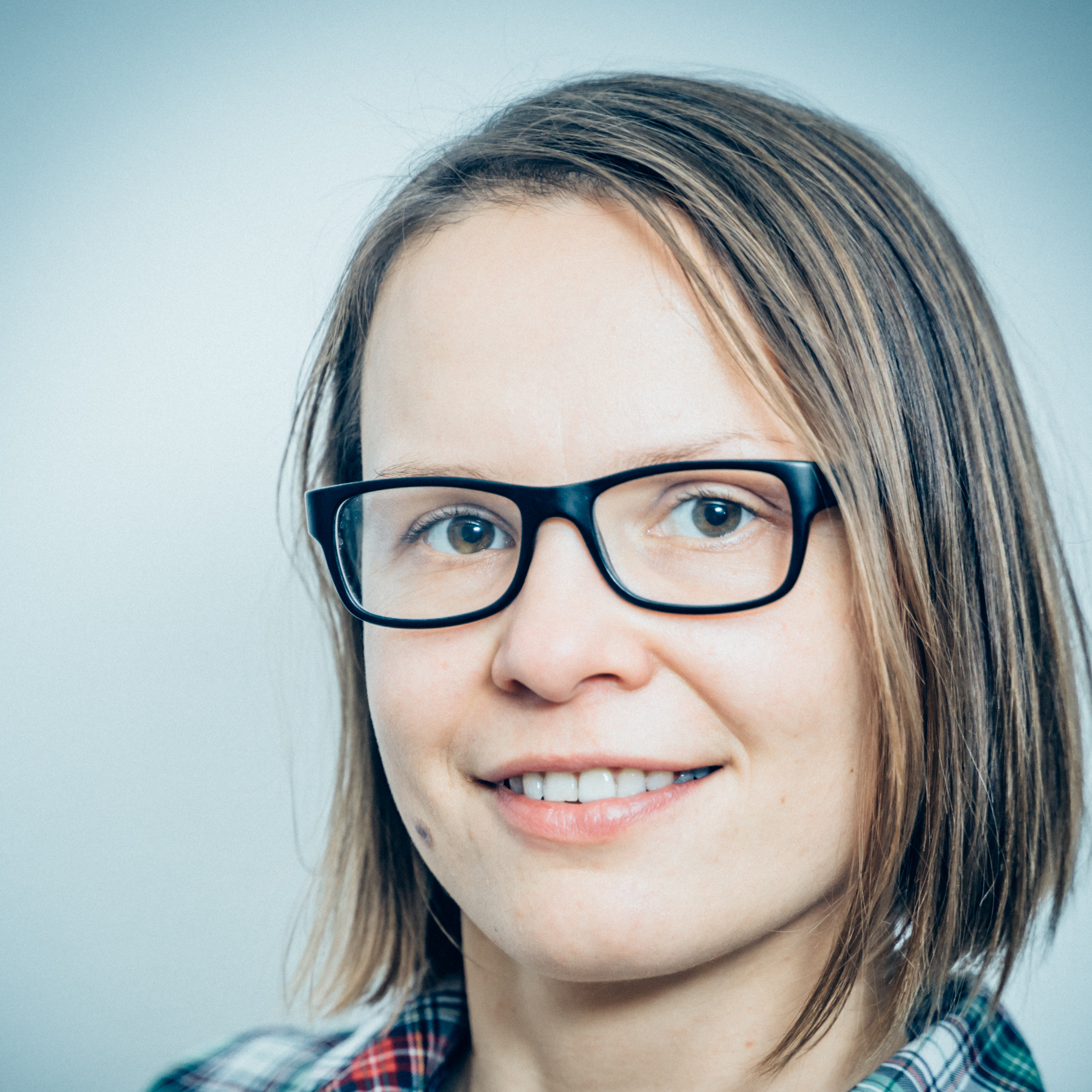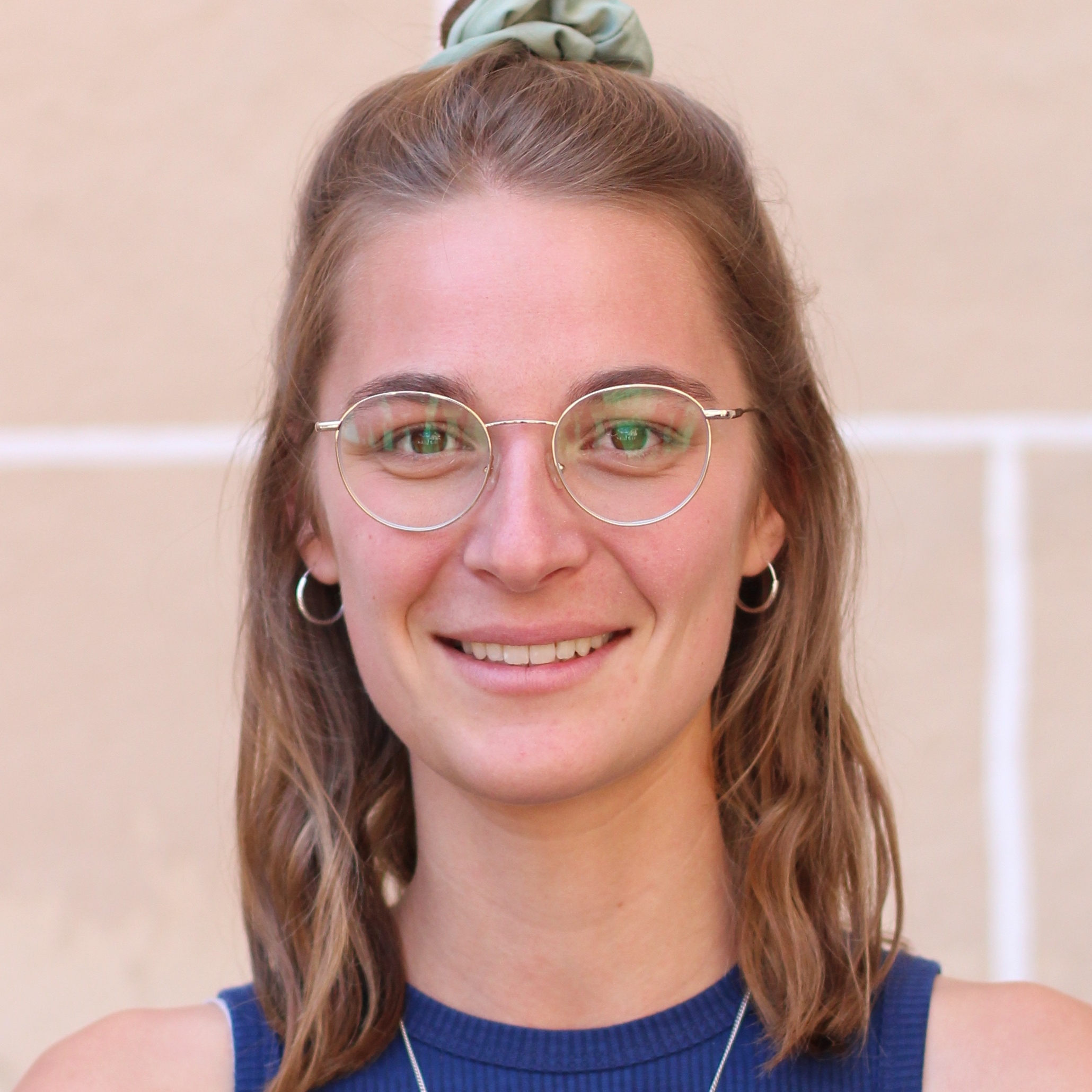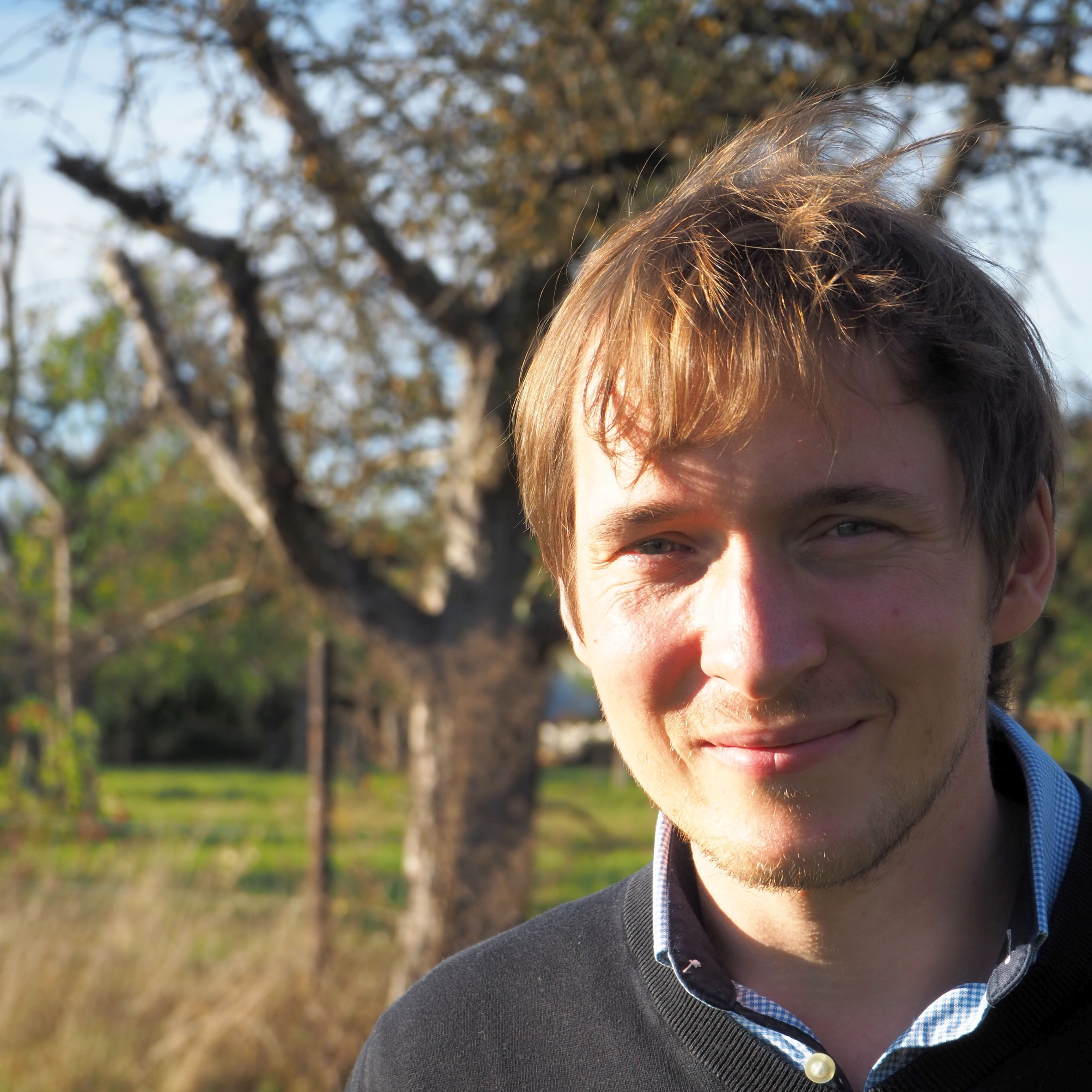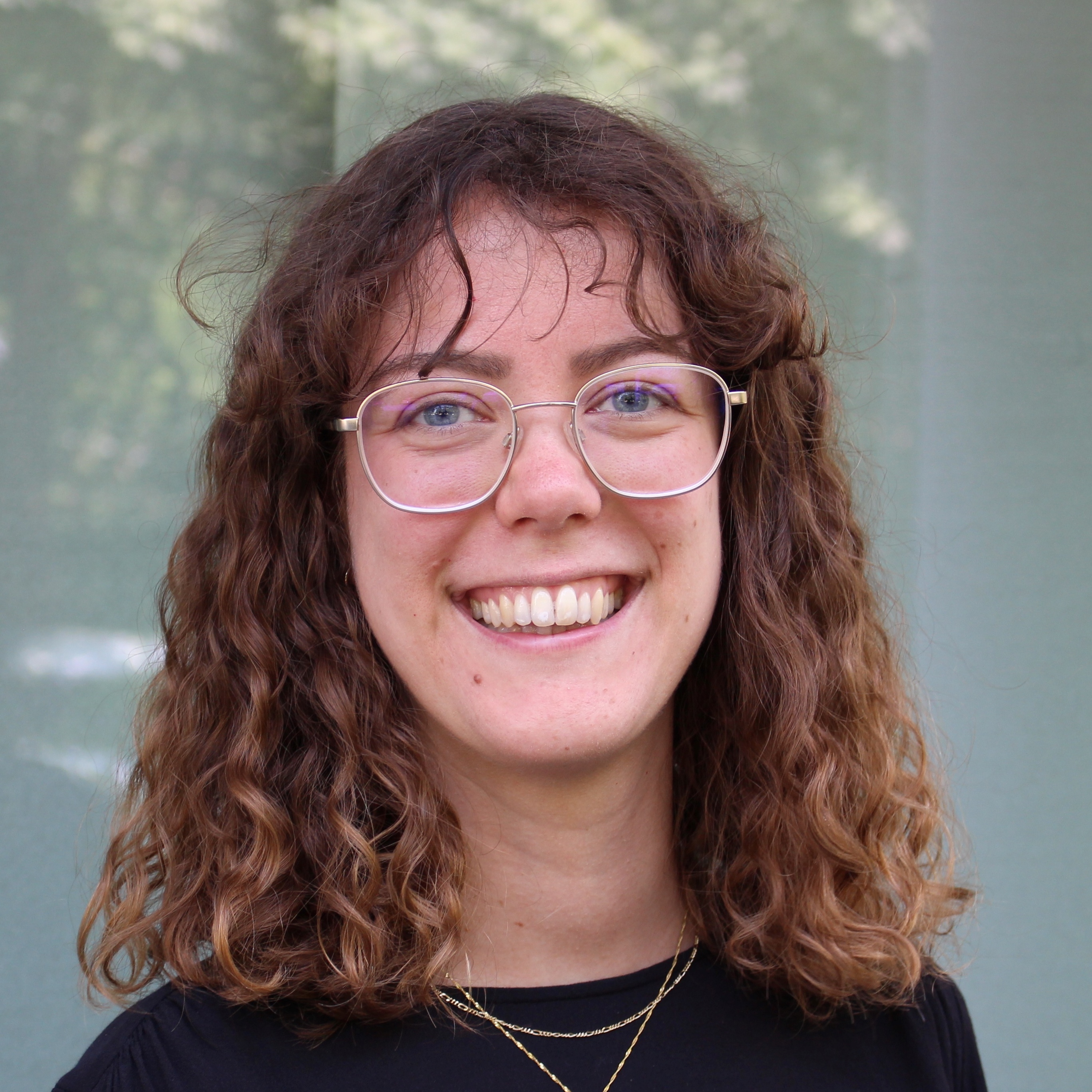The Psychophysiology and Optical Imaging working group focuses on measuring brain function and peripheral physiological variables (e.g. skin conductance) in psychiatric patients (e.g. schizophrenia, affective disorders, anxiety disorders, ADHD, dementia) and healthy control subjects.
About us
Contact us

Team
The team
Methods

The aim of the investigations is to record pathophysiologically relevant processes and to measure and predict changes in the context of therapeutic interventions. Both electrophysiological methods (electroencephalography, EEG; electromyography, EMG; evoked potentials, EP; measurement of electrodermal activity, EDA) and the technique of functional near-infrared spectroscopy (fNIRS), an optical method of functional imaging with which the oxygenation of brain tissue can be recorded non-invasively with good temporal resolution, are used.
In terms of content, the majority of current studies focus on the function of the frontal brain, with executive control functions such as inhibition, action control and monitoring as well as conflict processing taking center stage. We are also interested in investigating higher-level processes, including working memory, approach and avoidance behavior and emotion regulation. A further focus of the working group is the combination of different methods that serve the holistic understanding of the pathophysiology of psychiatric disorders and the mechanisms of action of corresponding therapeutic interventions.
Publications
Selected publications
-
Barth, B., Rohe, T., Deppermann, S., Fallgatter, A. J. & Ehlis, A.-C. (in press). Neural oscillatory responses to performance monitoring differ between high- and low-impulsive individuals, but are unaffected by TMS. Human Brain Mapping.
-
Max, S. M., Schroeder, P. A., Blechert, J., Giel, K. E., Ehlis, A.-C. & Plewnia, C. (in press). Mind the food: behavioural characteristics and imaging signatures of the specific handling of food objects. Brain Structure and Functions.
-
Maier, M. J., Rosenbaum, D., Brüne, M., Fallgatter, A. J. & Ehlis, A.-C. (2021). The impact of TMS-enhanced cognitive control on forgiveness processes. Brain & Behavior.
-
Blum, L., Rosenbaum, D., Röben, B., Dehnen, K., Maetzler, W., Suenkel, U., Fallgatter, A. J., Ehlis, A.-C. & Metzger, F. G. (2021). Age-related deterioration of performance and increase of cortex activity comparing time- versus item-controlled fNIRS measurement. Scientific Reports, 11, 6766.
-
Blume, F., Dresler, T., Göllner, R., Ehlis, A.-C., Gawrilow, C. & Möller, K. (2021). Evaluating the relevance of basic numerical skills for mathematical achievement in secondary school using a within-task assessment approach. Acta Psychologica, 215, 103289.
-
Kropp, P., Niederberger, U. & Dresler, T. (2021). Biofeedback – Wirkungsweise und Anwendung am Beispiel von Kopfschmerzen. Psychotherapeut, 66, 163–172.
Training and further education
Internships
It is possible to complete internships lasting several weeks in our working group. Here you can gain experience with various neuroscientific methods and actively support research in teamwork.
Requirements:
- At least 18 years of age
- Friendly demeanor
- enjoy teamwork
- Flexibility with regard to the tasks to be performed
If you are interested, please contact us to arrange an interview to get to know us better.

Theses
As part of our research projects, it is possible to write various theses (bachelor's, master's, diploma and doctoral theses) during your studies.
Requirements:
- Degree in medicine, psychology or neuroscience / cognitive science
- Friendly demeanor in dealing with patients / test participants
- Ability to carry out in-depth, independent scientific work
Contents of your application:
- Letter of motivation
- Curriculum vitae in tabular form
- copies of certificates
If you are interested, please contact us to arrange an interview to get to know us better. Applications are best sent by e-mail to Dr. phil. Ann-Christine Ehlis (preferably in pdf format).
Promotion of projects
Funding
- CIN Pool Project (No. 2010-11): "Action monitoring and response control in heavy and light social drinkers" (funding period: 2011-2013)
- BMBF-Panic Network Subproject: "Clinical and neurobiological effects of NIRS-controlled transcranial magnetic stimulation (rTMS) in patients with panic disorder during treatment with cognitive behavioral therapy (CBT)" (Münster/Tübingen)
- Investigator Sponsored Study: "Electrophysiological measurement of anterior cingulate cortex (ACC) function in schizophrenic patients treated with Seroquel® or Fluanxol®" (D1443L00016)
- IZKF Tübingen - Fortüne (Fortüne application no. 2013-0-0): "Neurobiological basis of emotion recognition from human gait sequences in healthy individuals and patients with mental illness" (funding period: 2011-2013)
- IZKF Tübingen - Fortüne (Fortüne application no. 2091-1-0): "High Resolution Structural Magnetic Resonance Imaging in Anxiety Disorders" (funding period: 2013-2015)
- Graduate School GSC 1028: "Learning, Educational Achievement, and Life Course Development (LEAD): An Integreated Research and Training Program" (Excellence Initiative of the Federal and State Governments - second program phase; funding period: 2012-2017)
- DFG proposal (FA 361/21-1): "Neurofeedback for adults with attention-deficit/hyperactivity disorder (ADHD): a placebo-controlled feasibility study comparing slow cortical potential feedback with near-infrared feedback" (funding period: 2013-2016)
- IZKF Junior Research Group (2115-0-0): "Frontal brain functions in adult ADHD - Theoretical differentiation, neurophysiological principles and innovative treatment methods" (funding period: 2013-2016)
- DFG proposal (CR 110/8-1): "Embodied learning of numerosity - math with the mat" (funding period: 2013-2015)
- DFG proposal (EH 388/2-1): "Cognitive control and the prefrontal cortex: functional measures and effects of neuromodulation in healthy subjects and a high-impulsive risk sample" (funding period: 2016-2019)
Cooperations
Intramural cooperations
- Psychiatric Neurophysiology, UKPP Tübingen (Prof. Dr. Christian Plewnia)
- Cognitive Neuropsychiatry, UKPP Tübingen (Dr. Alexander Rapp)
- Section for Addiction Medicine and Addiction Research, UKPP Tübingen (Prof. Dr. Anil Batra, Dr. Jamil El Kasmi)
- Dementia Working Group, Memory Clinic, UKPP Tübingen (Prof. Dr. Gerhard W. Eschweiler)
- Affective Neuropsychiatry, UKPP Tübingen (Prof. Dr. Dirk Wildgruber, PD Dr. Thomas Ethofer)
- Dipl.-Psych. Stephanie Sickinger, UKPP Tübingen
- Psychosomatic Medicine and Psychotherapy (Prof. Dr. Stephan Zipfel, Dr. Katrin Giel)
- Child and adolescent psychiatry (Prof. Dr. Tobias Renner)
- High-field magnetic resonance, Max Planck Institute for Biological Cypernetics, University of Tübingen (Prof. Dr. Klaus Scheffler, Prof. Dr. Uwe Klose, Dr. Michael Erb)
- Empirical Inference, Max Planck Institute for Biological Cypernetics, University of Tübingen (Prof. Dr. Bernhard Schölkopf, Dr. Karsten Borgwardt, Dr.-Ing. Moritz Grosse-Wentrup)
- Cognitive Neurology, Hertie Institute for Clinical Brain Research (Prof. Dr. Martin A. Giese, Dipl.-Inf. Andrea Christensen)
- Neuropsychology, Hertie Institute for Clinical Brain Research (Prof. Dr. Dr. Hans-Otto Karnath, Piret Rebassoo, M.Sc.)
- Neurodegenerative Diseases, Center for Neurology and Hertie Institute for Clinical Brain Research (Prof. Dr. Daniela Berg, PD Dr. Walter Maetzler, Dr. Tobias Wächter, Dr. Jana Godau)
- Institute for Medical Psychology and Behavioral Neurobiology, University of Tübingen (Prof. Dr. Niels Birbaumer, PD Dr. Ute Strehl, Dr. Ranganatha Sitaram, Dr. Mohit Rana, Dr. Massimiliano Rea, Dipl.-Phys. Markus Schürholz, Dipl.-Psych. Anna-Maria Werner, Dipl.-Psych. Kerstin Mayer, Sarah Wykoff, M.A.)
- Working Group Knowledge Acquisition with Hypermedia, Leibniz-Institut für Wissensmedien (IWM), Tübingen (Prof. Dr. Peter Gerjets)
- Diagnostics and Cognitive Neuropsychology, University of Tübingen (Prof. Dr. Hans-Christoph Nürk)
- Knowledge Construction Group, Leibniz Institute for Knowledge Media (IWM), Tübingen (Prof. Dr. Ulrike Cress)
- ScienceCampus Tübingen: Education in Information Environments (Prof. Dr. Dr. Friedrich W. Hesse)
- School Psychology, University of Tübingen (Prof. Dr. Caterina Gawrilow, Dr. Johanna Schmid)
Extramural cooperations
- University Clinic forPsychiatry, Psychosomatics and Psychotherapy, Würzburg (Prof. Dr. Jürgen Deckert, Prof. Dr. Klaus-Peter Lesch, Prof. Dr. Dr. Katharina Domschke, PD Dr. Martin J. Herrmann)
- University Clinic for Child and Adolescent Psychiatry, Psychosomatics and Psychotherapy, Würzburg (Prof. Dr. Marcel Romanos, Prof. Dr. Andreas Warnke)
- Clinic and Polyclinic for Psychiatry and Psychotherapy, Münster University Hospital (Prof. Dr. med. Peter Zwanzger, Dipl.-Psych. Nadja Vennewald)
- Tinnitus Center Regensburg, Clinic and Polyclinic for Psychiatry, Psychosomatics and Psychotherapy, University Hospital Regensburg (Dr. Martin Schecklmann)
- AG Imaging in Psychiatry, Central Institute of Mental Health (Dr. Michael Plichta)
- Lifespan Cognitive Neuroscience Lab, Department of General Psychology, University of Padua, Italy (Dr. Vincenza Tarantino, Prof. Dr. Patrizia Bisiacchi)
- Clinic for Social Psychiatry and General Psychiatry, University of Zurich (PD Dr. med. Wolfram Kawohl, Florence Hagenmuller, M.Sc.)
- Chair of Cognitive Psychology II, Goethe University Frankfurt/Main (PD Dr. Tim Hahn)
- German Migraine and Headache Society e.V. (PD Dr. Tim Jürgens, Prof. Dr. Peter Kropp)

